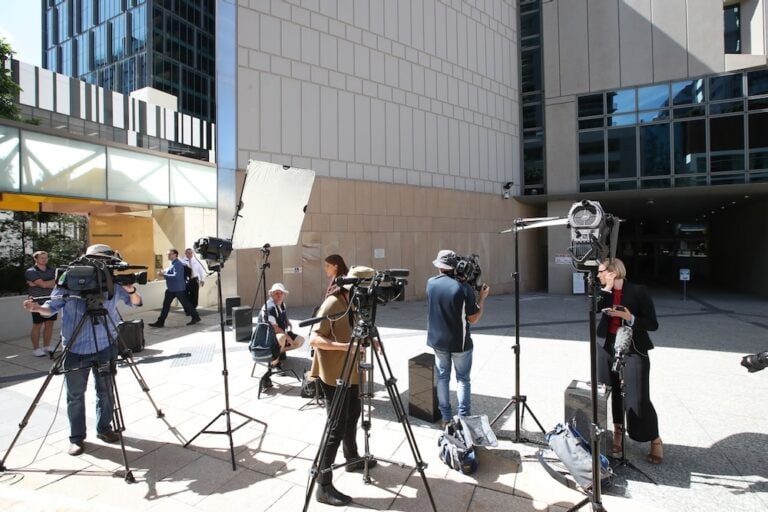(IFJ/IFEX) – The following is an IFJ media release: IFJ Warns Over Threat to Diversity Following New Media Laws in Australia The International Federation of Journalists (IFJ) says the Australian Government’s proposed new media regime fails to take up the real challenges confronting the media and entertainment industries in Australia and will significantly reduce diversity […]
(IFJ/IFEX) – The following is an IFJ media release:
IFJ Warns Over Threat to Diversity Following New Media Laws in Australia
The International Federation of Journalists (IFJ) says the Australian Government’s proposed new media regime fails to take up the real challenges confronting the media and entertainment industries in Australia and will significantly reduce diversity in Australia.
The Government’s discussion paper, Meeting the Digital Challenge: Reforming Australia’s media in the digital age, proposes to remove cross-media and foreign ownership rules that would provoke a raft of merger and takeover activity. While the paper talks about providing “a richer and more media diverse environment”, in fact the proposed reforms will actually shrink the number of media players.
“The paper encourages a rationalization of media players by provoking merger activity. The last time that happened in Australia, the result was debt-laden companies, many of which subsequently ended up in receivership,” said Aidan White, IFJ General Secretary.
The reforms aim for the minimum number of commercial media players in a city to be limited to no less than five and, in a region, to just four. But in the key cities of Sydney and Melbourne the reforms could more than halve the number of independent voices from the existing 12 or 13 to just five.
There has already been a dramatic replaces: collapse of local content and production in Australian media. The government paper proposes to further deny Australian audiences their own cultural identity and information from their own news organizations by reducing media diversity and encouraging foreign ownership.
“The discussion paper aims to treat media assets like any other business: subject to the same competition rules and foreign investment policies,” said White. “But media assets are a vital pillar of the democratic process and, as such, play a crucial role of informing the community and that role must be not be undermined by a decline in media diversity and an increase in foreign owners”.
The government paper should recognize that the transition to digital technology provides mechanisms to increase diversity and local content. Instead, the paper has missed the opportunity.
The IFJ represents over 500,000 journalists in more than 110 countries.


